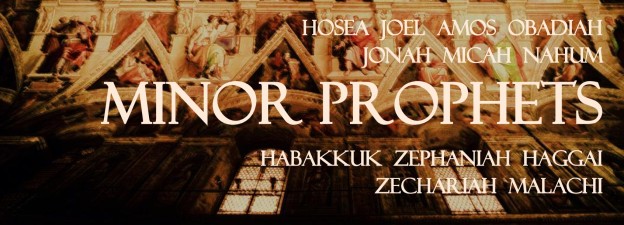
The Fifth in a Series of Sermons on Colossians
One of the unique emphases of Reformed theology is the doctrine of “union with Christ,” which arises from reflection upon the letters of Paul. Union with Christ is the answer to one of the theological problems created by the death, resurrection, and ascension of Jesus. The problem is this–since Jesus has ascended into heaven where he presently rules over all things, how then do we participate in all his saving benefits since he is no longer physically present with us on the earth? The answer given throughout the New Testament, and especially in the letters of Paul, is through our union with Christ–a union established between each believer and Jesus by the indwelling Holy Spirit, a union which commences immediately the moment we believe in Jesus and are justified (being declared righteous). This union endures until we die and enter the Lord’s presence. To believe in Jesus is to be indwelt by the Holy Spirit in which Jesus has baptized us. To believe in Jesus is to be united to him in his three-fold on-going office of prophet, priest, and king. To be baptized into Jesus is to be baptized into his death and resurrection, the visible sign and seal of Jesus’ saving work and of our union with him. To believe in Jesus is to be “in Christ.”
The believer’s union with Christ is just one of the points Paul makes in his response to the so-called Colossian heresy, which the Epistle of Colossians is written to refute. In refuting this heresy, Paul has argued for the supremacy of Jesus by speaking of Jesus as creator of all things and firstborn from the dead (in his resurrection), thereby commencing his work of new creation in which Jesus reconciles sinners to God and is head of his church. Through our union with Jesus, we are members of his church which is his body (manifest through membership in a local congregation). Because we are said to be “in Christ,” we are in union with Jesus in his death and resurrection, and as Paul points out in verse 24 of chapter 1, we are also united to Jesus in the fellowship of his sufferings.
Throughout the opening chapter of Colossians, Paul has made his case for the supremacy of Jesus as Lord of all things, based upon that which was revealed to Paul by Jesus himself, what Paul describes as the mystery hidden for long ages past in the Old Testament, to which Paul repeatedly alludes as he makes his case. In fact, there are many overlooked but loud echoes from the Old Testament in Colossians 1. The mystery now revealed through the preaching of the gospel, is the person and work of Jesus, which Paul says was being proclaimed throughout much of the first century Mediterranean world in churches such as those in Colossae (to which Paul writes) and Laodicea (which he mentions). When Jesus entered human history to accomplish the work of our redemption, the mystery was “revealed.” This is worth considering as one of the main points in Paul’s refutation of the Colossian heresy. Nothing secret about Christianity. Jesus’ saving work was very public and unfolds in ordinary human history–not within the human heart, nor tied to secret powers and forces supposedly at work in the universe.
There is much packed into our text (vv. 6-15) of Colossians 2, so we will proceed as follows. First, we will take up Paul’s discussion in verses 6-7 of the importance of holding fast to the things which the Colossians have been taught by Epaphras, their pastor. Then, second, we will consider what Paul means when he speaks of “plausible arguments” (v. 4), the kinds of arguments the Christians in Colossae were facing from the false teachers–that which Paul will describe as “philosophy, deceit, and tradition” grounded in elemental things, not in Christ (v. 8). Third, in verses 9-10, Paul explains that all true spiritual fulness is found only in Jesus–God incarnate. Paul goes on to explain in verse 11-15 how Christians are united to Christ so as to experience this spiritual fulness. Then we will wrap up by making several points of application.
To read the rest of this sermon: Click Here
 Sunday, June 10, 2018 at 03:39PM
Sunday, June 10, 2018 at 03:39PM 








